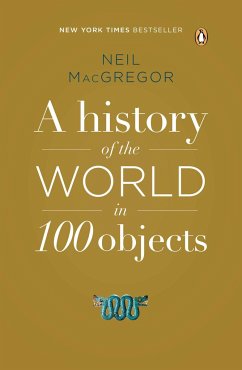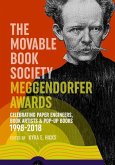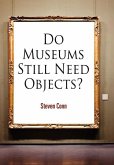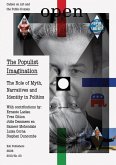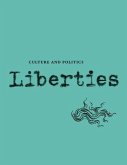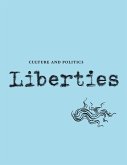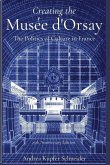"An enthralling and profoundly humane book that every civilized person should read." --The Wall Street Journal The blockbuster New York Times bestseller and the companion volume to the wildly popular radio series When did people first start to wear jewelry or play music? When were cows domesticated, and why do we feed their milk to our children? Where were the first cities, and what made them succeed? Who developed math--or invented money? The history of humanity is one of invention and innovation, as we have continually created new things to use, to admire, or leave our mark on the world. In this groundbreaking book, Neil MacGregor turns to objects that previous civilizations have left behind to paint a portrait of mankind's evolution, focusing on unexpected turning points. Beginning with a chopping tool from the Olduvai Gorge in Africa and ending with a recent innovation that is transforming the way we power our world, he urges us to see history as a kaleidoscope--shifting, interconnected, constantly surprising. A landmark bestseller, A History of the World in 100 Objects is one f the most unusual and engrossing history books to be published in years. "None could have imagined quite how the radio series would permeate the national consciousness. Well over 12.5 million podcasts have been downloaded since the first programme and more than 550 museums around Britain have launched similar series featuring local history. . . . MacGregor's voice comes through as distinctively as it did on radio and his arguments about the interconnectedness of disparate societies through the ages are all the stronger for the detail afforded by extra space. A book to savour and start over." -The Economist
Hinweis: Dieser Artikel kann nur an eine deutsche Lieferadresse ausgeliefert werden.
Hinweis: Dieser Artikel kann nur an eine deutsche Lieferadresse ausgeliefert werden.

Die 100 Objekte des
Neil Mac Gregor
Eines der schönsten Geschichtsbücher der letzten Jahre ist nicht als Buch, sondern für das trotz aller Medienrevolutionen noch immer quicklebendige Radio konzipiert worden. In Features für die BBC stellte der Direktor des Britischen Museums Neil Mac Gregor einhundert Objekte vor und erzählte damit eine kleine Weltgeschichte. Es ging um die Mumie des Hornedjitef, ein goldenes Lama der Inkas, um einen Revolutionsteller aus St. Petersburg, eine Kreditkarte und dabei immer auch um die Weise, in der Menschen ihr Leben entwerfen. Der Erfolg war groß und aus der Radioserie wurde ein Buch. Als es 2011 im Verlag C.H. Beck auf deutsch erschien, waren Kritiker und Leser gleichermaßen begeistert.
Nun kann man die Weltgeschichte in Objekten wieder nachhören. (Neil MacGregor: Eine Geschichte der Welt in 100 Objekten. Übersetzt von Waltraud Götting, Andreas Wirthensohn. Gelesen von Hanns Zischler, Nico Holonics, Rahel Comtesse, Detlef Kügow. Der Hörverlag, München 2012. 20 CD, ca. 1350 Minuten, 49,99 Euro). Die vollständige Lesung wurde vom Bayerischen Rundfunk aufwendig produziert, im Booklet finden sich kleine, nützliche Abbildungen der Gegenstände und Kunstwerke. Leider hat der Regisseur Antonio Pellegrino die Lesung wie einen Vortrag angelegt. Das klingt dann treu, ernst und gründlich. Der Witz des Buches, das als Museumsführung, nicht als Vorlesung verstanden werden will, leidet darunter. Und dennoch ist man schnell gefangen von diesen Exkursionen zu dem, was bleibt.
JBY
DIZdigital: Alle Rechte vorbehalten – Süddeutsche Zeitung GmbH, München
Jegliche Veröffentlichung und nicht-private Nutzung exklusiv über www.sz-content.de
a broadcasting phenomenon Maev Kennedy The Guardian
